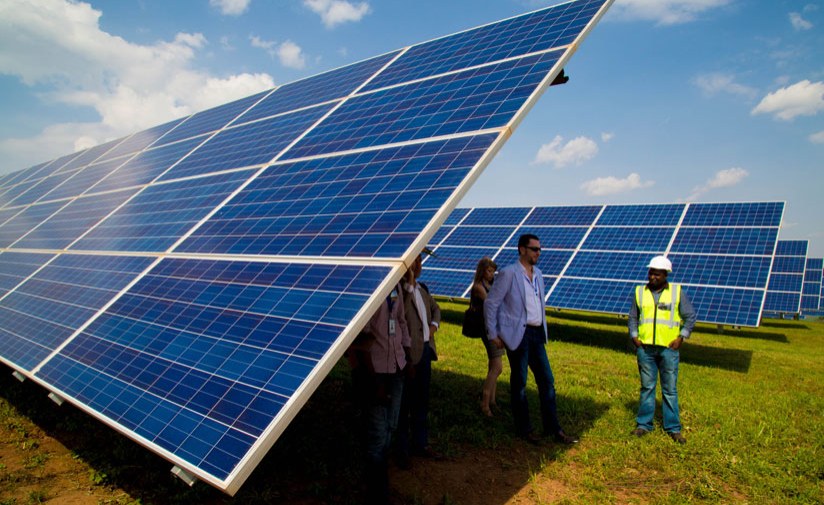A new report has shown that a greener economy could bring millions of jobs to some of the largest countries in Africa.
The research conducted by the development agency FSD Africa and the impact advisory firm Shortlist predicted that 3.3 million jobs could be generated across the continent by 2030.
Forecasting Green Jobs in Africa predicts that 60% of the roles, mainly in the renewable energy sector, will be skilled or white collar positions that can “spur the growth of the middle class in countries with high-growth sectors” such as renewable energy, e-mobility, construction and manufacturing.
The report was based on forecasts from five countries – the Democratic Republic of the Congo, Ethiopia, Kenya, Nigeria and South Africa – that the study says will see more than a fifth of the jobs expected from the green transition over the next six years.
The report showed that about 10% of the jobs created will demand university degrees, 30% will be “specialised” work that requires certification or vocational training, and 20% administrative. Unskilled labour will be more stable, with opportunities for upward mobility, the study predicts.
Read also: FG releases states’ climate change performance rating
“This is the first public report that takes seriously the notion that human capital and talent is important as an input to green economic growth, and as a positive outcome – in the form of millions of new, direct jobs,” Paul Breloff, CEO of Shortlist said.
The renewable energy sector will generate about 70% of jobs, and roughly 1.7m will be in solar power. DRC and Ethiopia, with Africa’s largest and second largest hydropower potential – will see jobs in that sector. Agriculture should employ hundreds of thousands, with more than half of those jobs in climate-smart technology.
The researchers call on policymakers, funders and educational institutions to invest in training a workforce in green industries, saying it could “contribute to the formalisation of African economies, and the inclusion of whole populations in stable systems of remuneration, social security and taxation”.
“Policymakers and funders and workforce developers need to step up to meet this near-term demand with effective training, apprenticeships, and job/skill matching, in hopes of achieving Africa’s green promise,” said Breloff.
With its young workforce and vast renewable energy resources, Africa can “leapfrog” into renewables, skipping over the carbon-intensive pathways taken by industrialised countries, but, the report’s authors argue, it will require “supportive policies, infrastructure, and significant financial investments, estimated at over $100bn annually”.
Story was adapted from the Guardian.
